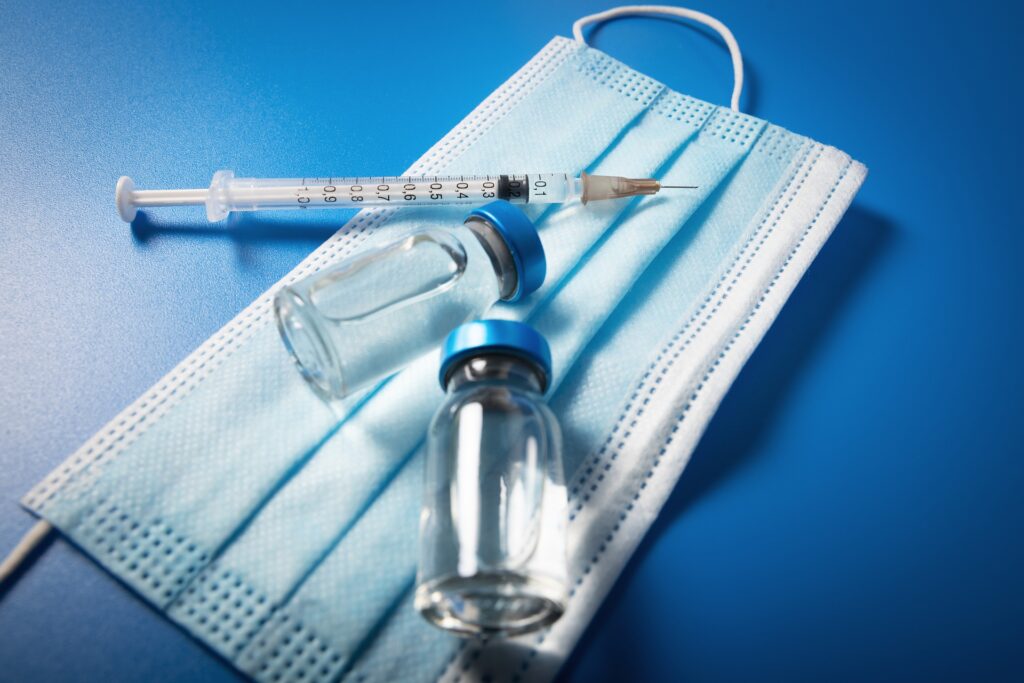Vaccination against Covid-19 of all eligible professionals working in homes and Integrated Continuing Care Units “is strongly recommended” by the Directorate-General for Health (DGS) in the guidance on the procedures to be adopted in these institutions.
In the guidance “Covid-19: Procedures for Residential Structures for the Elderly (ERPI) and for Integrated Continuing Care Units (UCCI)”, updated today, the DGS states that visits to residents should be facilitated, including bedridden people who remain in their rooms, keeping residents and visitors safe.
According to the DGS, the promotion of face-to-face visits to residents should take place without prejudice to continuing to guarantee the means so that they can communicate with family and friends through, for example, video call or telephone.
Visits to users are allowed upon presentation of a valid EU Covid Digital Certificate, in the test or recovery modalities, or, alternatively, the presentation of a negative result in a test for SARS-CoV-2.
Anyone who demonstrates having been vaccinated, with a booster dose of a vaccine against Covid-19, is exempted from presenting a test.
“Each institution should have a regulation containing the rules to be applied in visits (…) without prejudice to the provisional suspension of visits to the institution being determined by the specific epidemiological situation by the local health authority”, he adds.
The DGS also determines that people with signs or symptoms suggestive of Covid-19 or with contact with a suspected or confirmed case in the last 14 days, should not carry out visits.
With regard to the admission of new residents to ERPI, UCCI and institutions for dependent people, the DGS states that residents who were reported to have recovered from the infection are exempt from prophylactic isolation and from carrying out molecular laboratory tests for SARS-CoV-2. in the last 180 days, being in the previous norm of 90 days.
For the admission of new users, a medical consultation must be carried out, on the date of admission, by the doctors supporting the institution or by the assistant doctor, to verify the existence of signs or symptoms suggestive of Covid-19.
A negative PCR test must be presented for user residents who have no history of infection in the last 180 days.
In situations where the test cannot be performed before admission, the new patient without complete vaccination and without a history of infection in the last 180 days, should remain in prophylactic isolation and undergo the test as soon as possible, being referred performed depending on the clinical situation and the test result.
If the result of the laboratory test is negative, you must remain in prophylactic isolation for 14 days (from the date of admission), with surveillance of signs and symptoms suggestive of Covid-19.
Alternatively, the end of prophylactic isolation may be established after obtaining a negative result in a PCR test performed on the 10th day after the date of admission.
“Subsequently, it is highly recommended to be vaccinated or complete the vaccination schedule against Covid-19, if applicable”, says the DGS.



















Comments